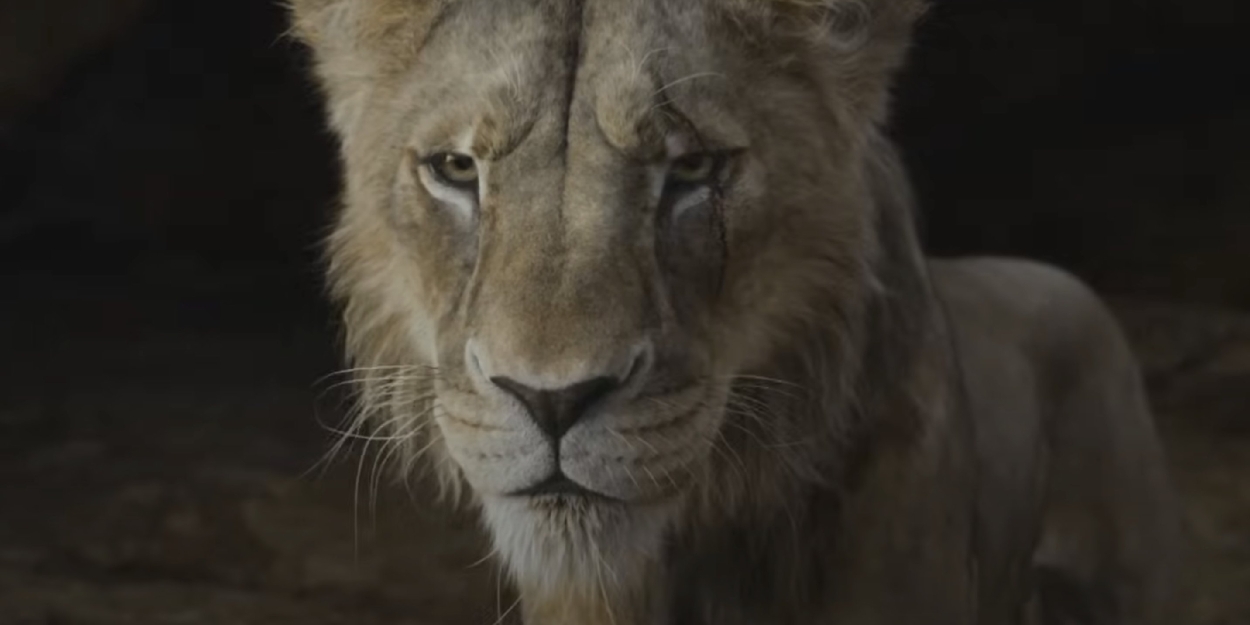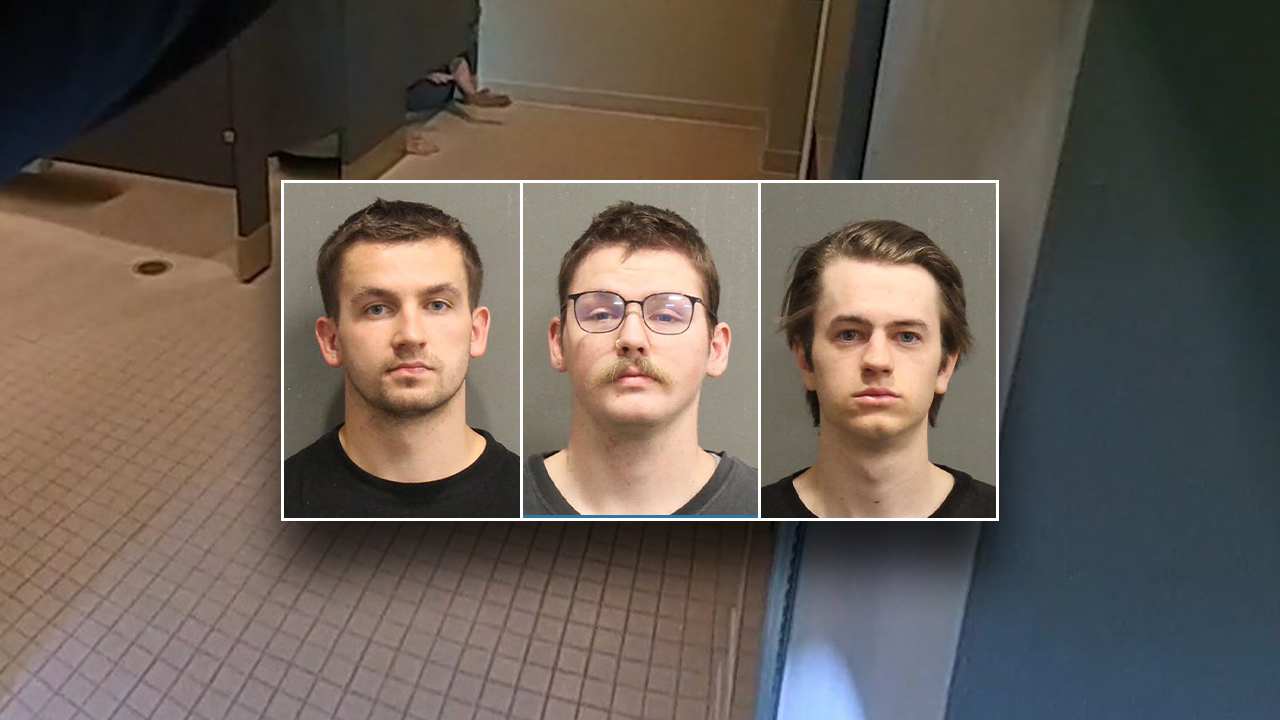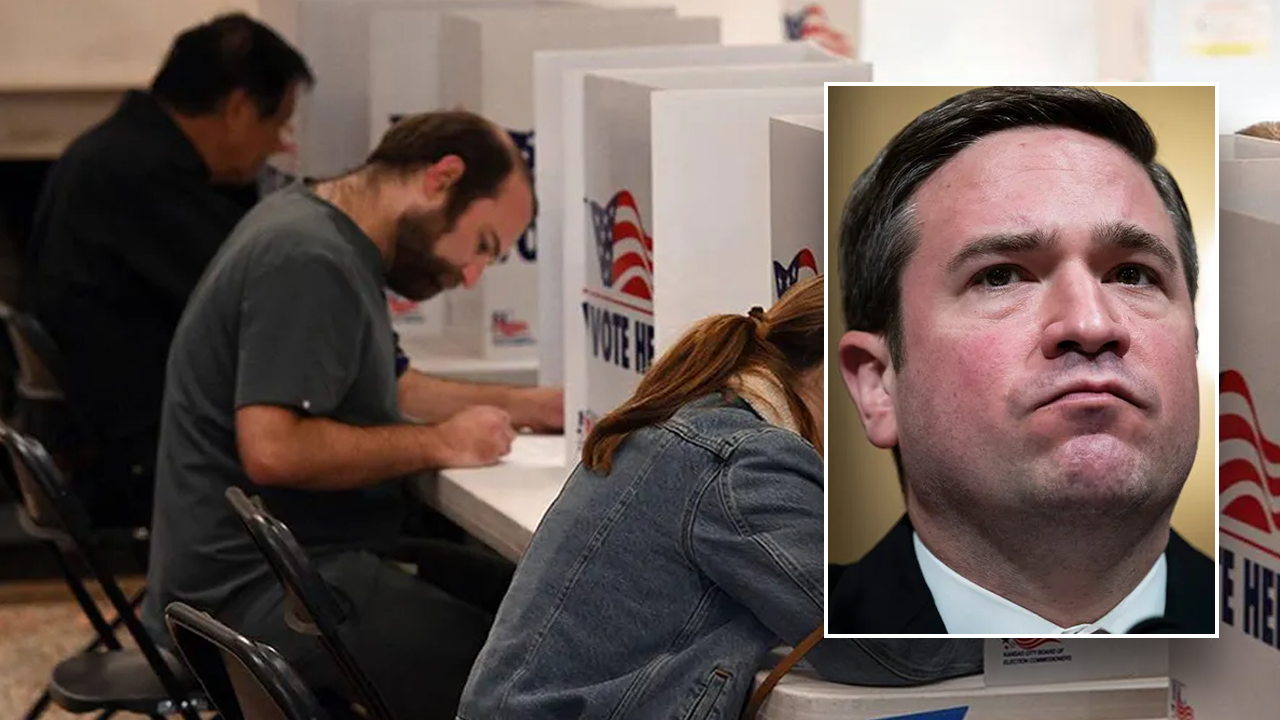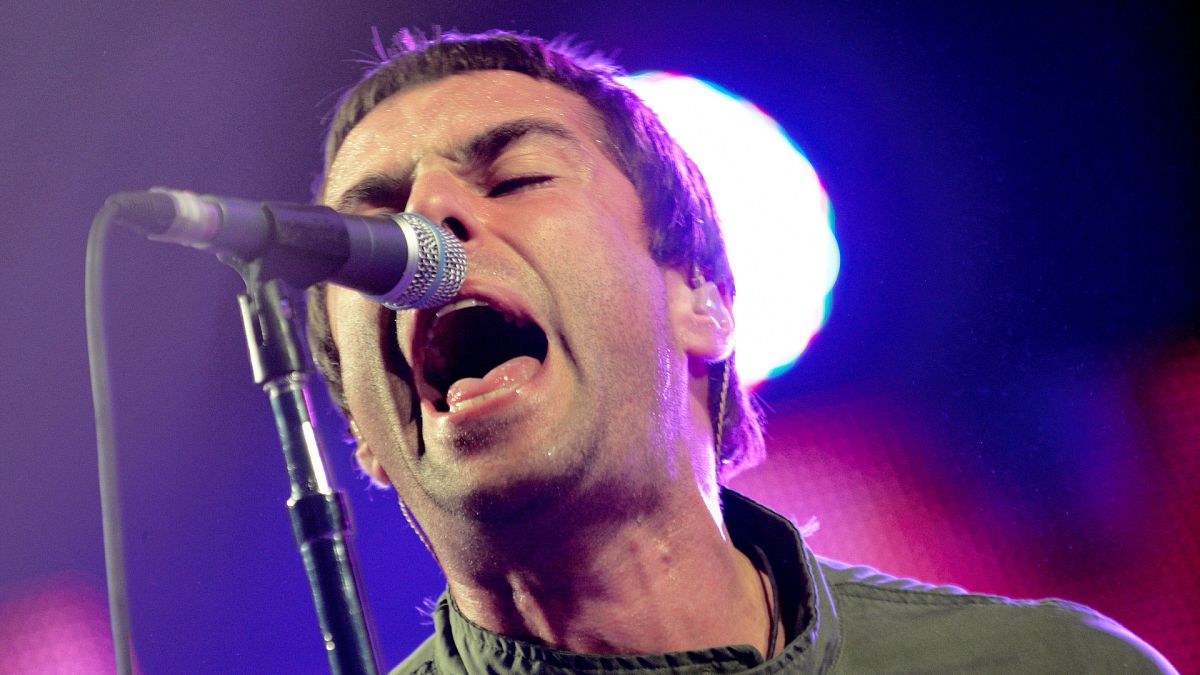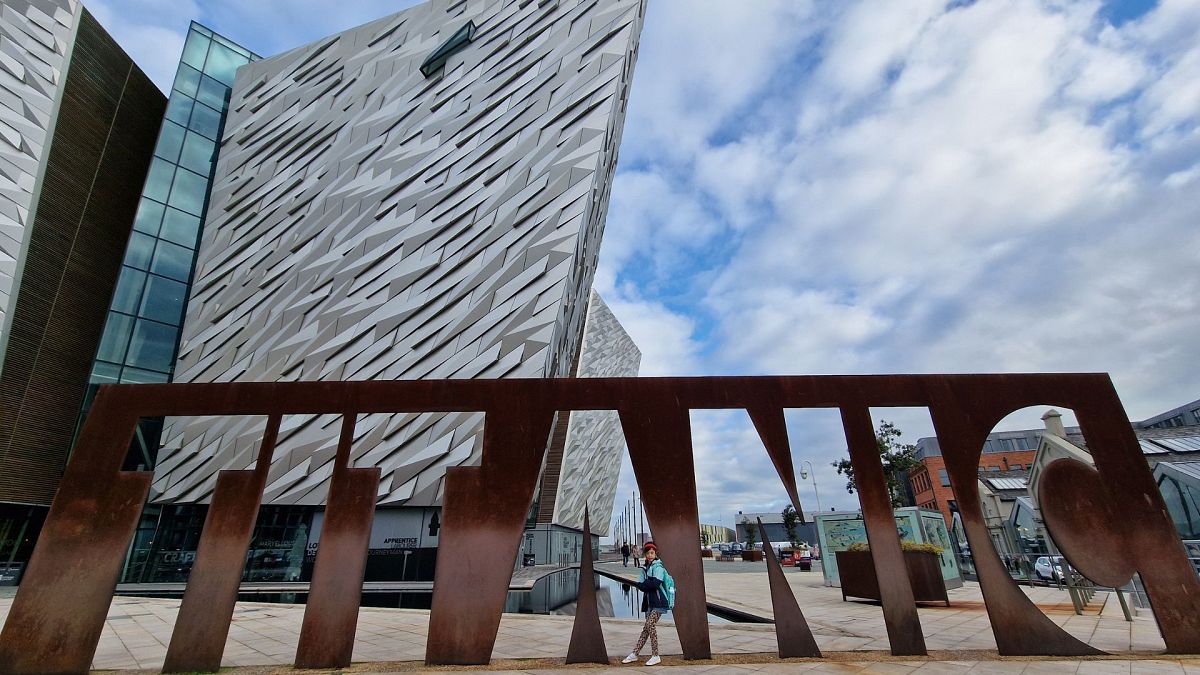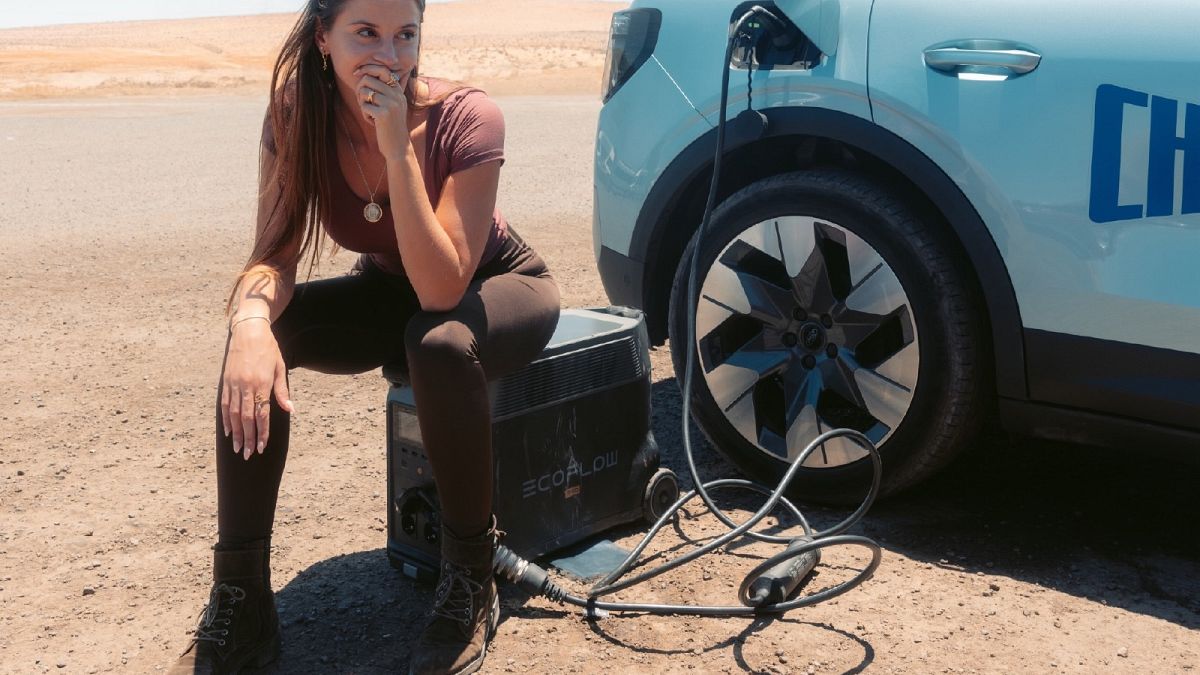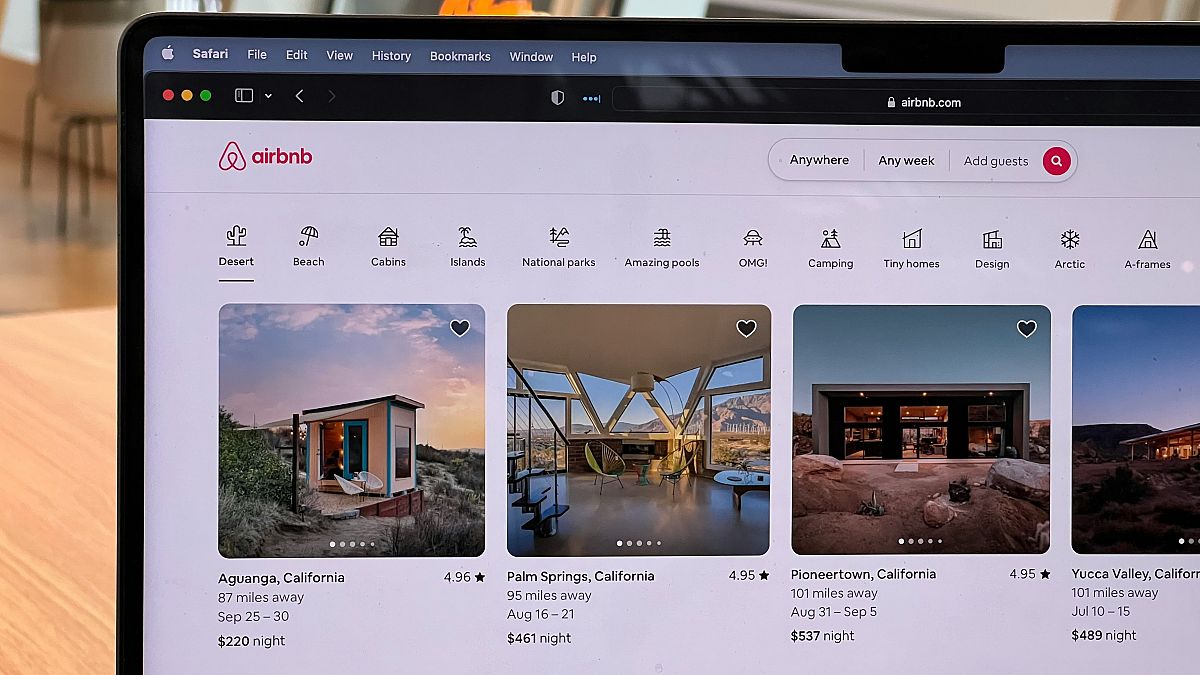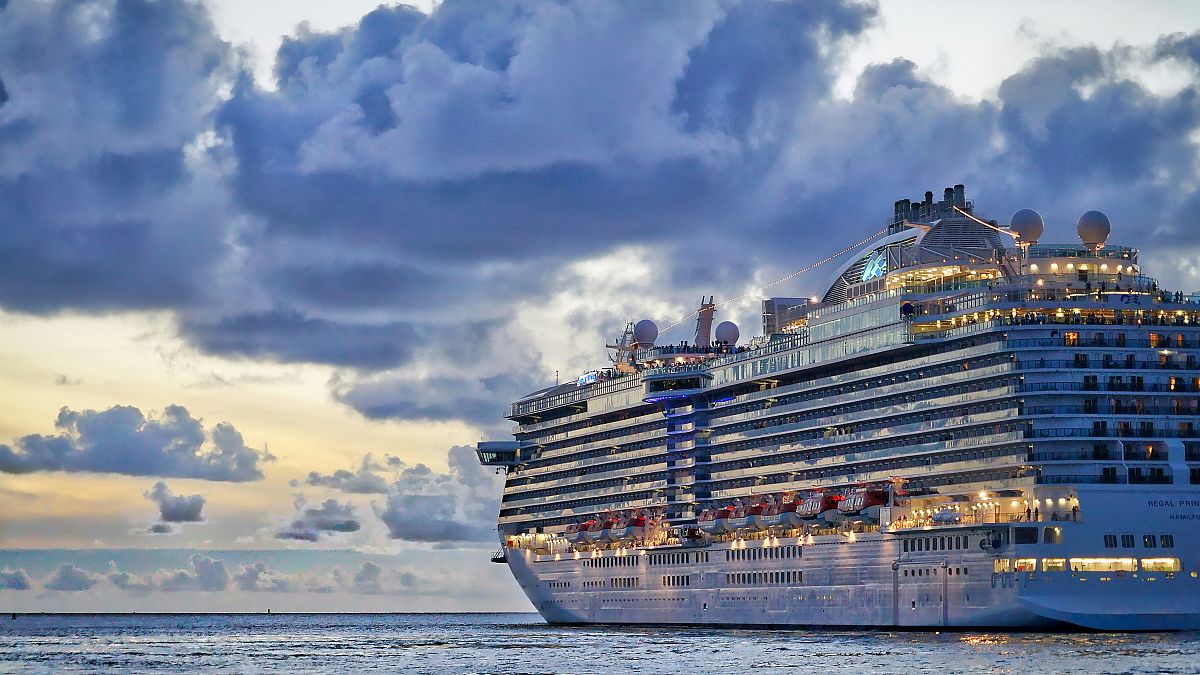Euronews Culture critic Jonny Walfisz looks back on the life-changing experience of seeing Oasis on their ill-fated ‘Dig Out Your Soul’ tour in 2009.
In July 2009, I was one of the tens of thousands of people who saw Oasis play in London’s Wembley Stadium. At the time, I was 15 years old, completely unaware of the seismic moment I was witnessing in musical history. Just six weeks later, Noel Gallagher quit the band in the middle of the tour and Oasis were no more.
Almost exactly 15 years later, the band are back together and are set to play 14 shows across five venues in the UK and Ireland. Rock music’s biggest brotherly feud is seemingly over and for many older fans who fondly remember the 90s, this is the chance to see their favourite band once again.
But as the hundreds of thousands of tickets go on sale Saturday 31 August to a potential demand of millions of people, many will be hoping to see the band for the first time ever. Already, social media has been taken over by a raft of elderly fans gatekeeping the Manchester band from younger music lovers.
For example, this Tweet went viral both via those agreeing and disagreeing with the sentiment: “Imagine waiting 15 years for Oasis to reform only to lose out on tickets to Chloe, 21 from Stockport who just wants to hear Wonderwall live.”
Oasis, and Britpop in general, have stayed impressively relevant to younger fans. In part due to the generation that witnessed it live in the 90s stressing its importance on musical history, and also through younger fans own initiative in seeking out that decade’s decadent bacchanalian approach to guitar music.
To any younger fans put off by the older gatekeepers’ attitude, ignore it. I was exactly like you when I saw Oasis back in 2009. In fact, I was probably even more ignorant of the band than the strawman character the Tweet imagines.
When I was 15, I only had a cursory appreciation of music. I listened to whatever was in the charts but didn’t put much stock into it. My CD collection included precisely five albums, all from seminal artists: James Blunt, the Scissor Sisters, Eminem, Busted and Chamillionaire.
I was dragged – not an exaggeration – along to Oasis’s Wembley gig by a friend who’d been gifted two tickets by his parents for his birthday. I couldn’t have named a song by them even if I tried. No, not even ‘Wonderwall’.
Aside from a few classical concerts with my grandparents, I’d never seen a band perform live. This wasn’t just the first time seeing Oasis, it was my first gig entirely.
Sat up in the rafters of the UK’s biggest stadium, I had no idea what awaited me. The first act, Reverend and the Makers’ came on and belted out a set that I remember principally for being the loudest thing I’d ever heard.
The two other support acts, The Enemy and Kasabian, then came on and blew me away. At the time I was sure my cursory music taste preferred radio friendly hip-hop, but here were snarling guitars, booming drums, and lead singers with an aggressive care-free attitude that was undeniably enticing to teenage me.
When the Gallagher brothers finally came on stage, the entirety of Wembley stood to attention. Suddenly, this unfamiliar band came on and bathed nearly a hundred thousand strangers in music that had already seeped into my millennial bones.
Opener ‘Fuckin’ in the Bushes’ has no parallel for igniting passion. It’s pure rock and roll distilled into snaking guitar melodies as they segue into the cliché-if-perfectly-pitched ‘Rock ‘n’ Roll Star’. Naysayers dismiss Oasis as a distillation of dude rock stereotypes. Even if that’s true, the entirety of Wembley Stadium united in this rockstar fantasy was pure joy.
The near two-hour gig rolled on and thanks to Oasis’ incessantly catchy approach to songwriting, I was singing along with all the choruses by the second time I’d heard them. An acoustic rendition of ‘Don’t Look Back in Anger’ felt so pertinent, I bellowed the newly learnt refrain from the bottom of my lungs until I lost my voice in the extended outro.
I knew nothing of Oasis going in. I didn’t understand their legacy. Couldn’t appreciate how they and Britpop had changed the face of music. Had no inclination of their fragility. I’m not sure if I even registered the tragedy of them breaking up mid-tour a month later.
But their potency in that gig has remained indelible in my consciousness. I walked out of Wembley a music fanatic. Aged 15, I had a new dream in life. To become a rockstar.
15 years later and despite a few teenage efforts in bands, I can accept that that dream never came to fruition. What has stuck around is the recognition of music’s ability to move, to excite, and to change lives. That one gig has shaped my life to the point that I’m now a 30-year-old writing about the music I love as a career. So for anyone who thinks they’re too young, or not a big enough fan to go see the reunited Oasis, just roll with it.
Read the full article here
